- Overview
- Types
- Hormonal Methods
- Barrier Methods
- Behavioral Methods
- Medical Methods
- Male Birth Control
- Emergency Contraception
- Side Effects & Complications
- View Full Guide
What Happens When You Stop Birth Control Pills?

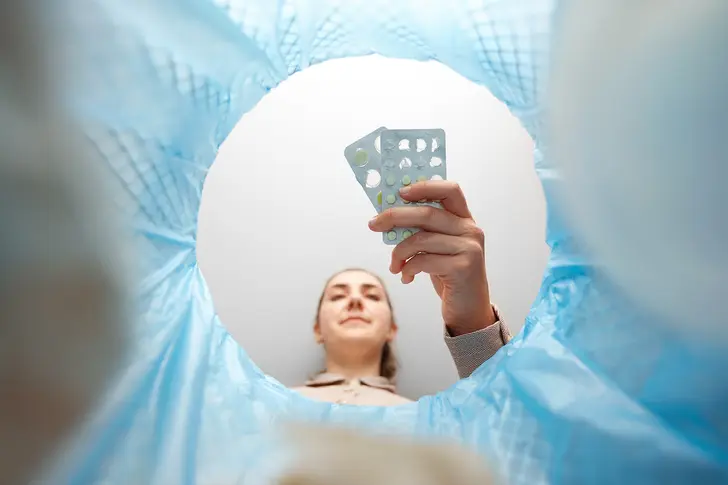
Stopping Birth Control Pills
Any type of hormone-based birth control can change how you feel, whether it's the pill or another method. So it makes sense that stopping the pill will cause changes to your body and mood.
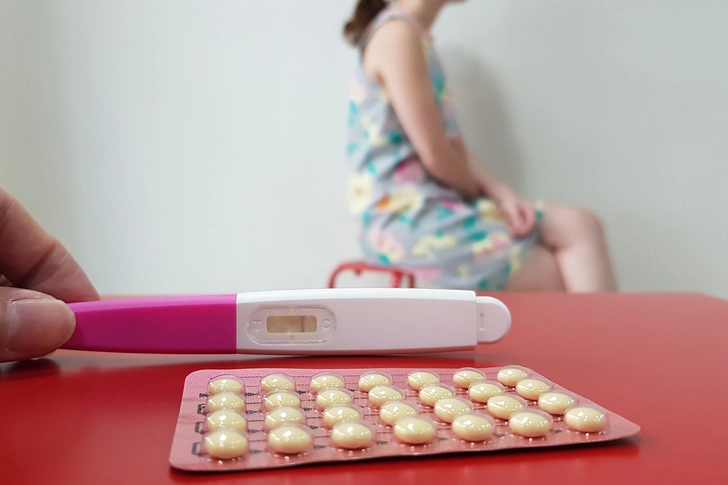
Reasons to Stop
There are many reasons you might stop taking birth control pills. You may want to have a baby, or you might want to try a different birth control method. Maybe you're having side effects, such as weight changes or headaches.

Talk to Your Doctor
If you're having side effects, your doctor might suggest you try a different birth control method that might not cause those effects. In any case, it's a good idea to talk to your doctor before you stop taking the pill.
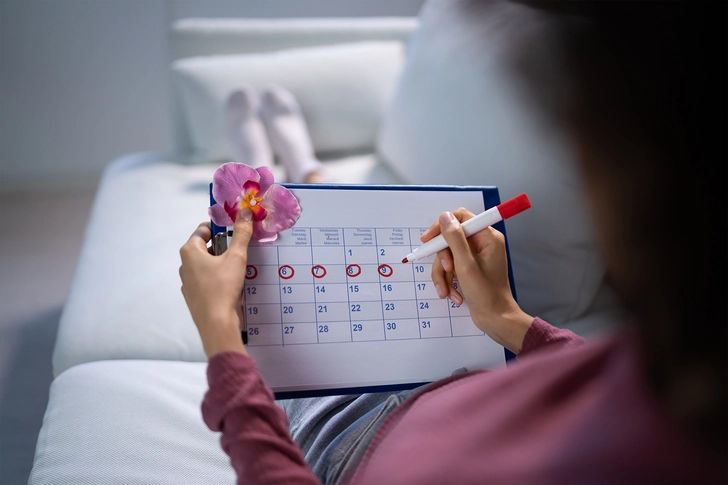
Irregular Periods
After stopping birth control, your periods may become irregular as your body adjusts to its natural cycle. This can take a few months, so be patient as your body finds its rhythm.
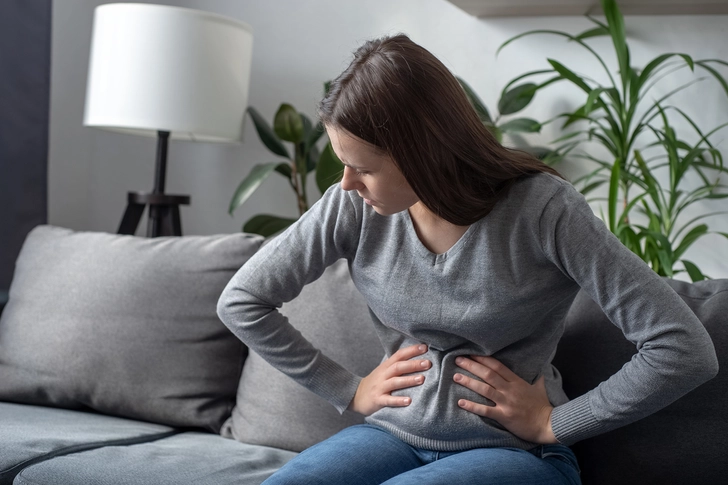
Heavier Periods
You might get heavier and more painful periods once you stop taking the pill. Birth control often lightens menstrual flow, so expect some changes after you stop taking it.

Acne and Headaches
The pill often helps regulate hormones that cause acne, so you may see your acne return. Depending on how the pill affected you, you may stop getting headaches or your headaches may come back.
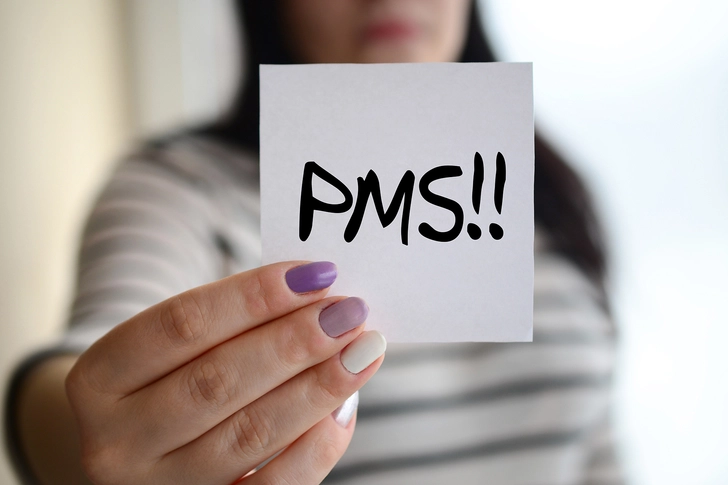
Your PMS May Return
The pill, especially some formulas, helps your body level out the hormonal swings that can make you feel depressed, anxious, and irritable. Without that balancing, you may start feeling moody again.

Changes in Sex Drive
Your libido may increase or decrease as your body adjusts hormonally. Some people find their sex drive changes significantly after stopping the pill.
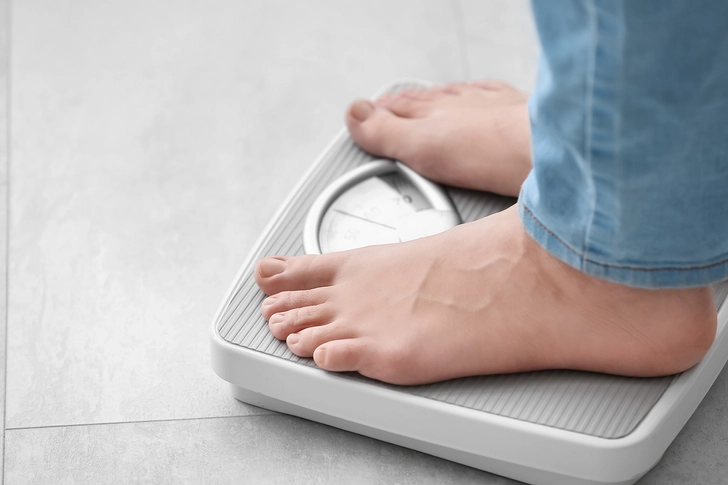
Weight Changes
Women who used certain progestin-only pills may have gained a few pounds, so the scale might go down when they stop using them. If you want to lose weight, though, you'll probably get more results from a better diet and more exercise than from going off your birth control.
Photo Credits:
1) Ground Picture/Shutterstock
2) joel bubble ben/Shutterstock
3) Branislav Nenin/Shutterstock
4) Andrey_Popov/Shutterstock
5) Yurii_Yarema/Shutterstock
6) Yurii_Yarema/Shutterstock
7) Mehaniq/Shutterstock
8) Elnur/Shutterstock
9) Pixel-Shot/Shutterstock
SOURCES:
NHS Choices: “Contraception Guide: The Contraception Injection."
European Journal of Contraception and Reproductive Health Care: “The influence of combined oral contraceptives on female sexual desire: a systematic review.”
American College of Obstetricians and Gynecologists: “Combined Hormonal Birth Control: Pill, Patch, and Ring.”
CDC: “Planning for Pregnancy,” “National Health Statistics Reports: Current Contraceptive Use and Variation by Selected Characteristics Among Women Aged 15-44: United States, 2011-2013.”
Center for Young Women’s Health: “Hormonal Implants,” “Vaginal Hormonal Ring (NuvaRing).”
Cleveland Clinic: “Depo-Provera.”
FDA: “Depo-Provera.”
Mayo Clinic: “Birth control pill FAQ: Benefits, risks and choices,” “Minipill (progestin-only birth control pill),” “Long-acting reversible contraception,” “Contraception FAQs: Intrauterine Device,” “Diaphragm,” “NuvaRing (vaginal ring),” “Combination birth control pills.”
National Cancer Institute: “Oral Contraceptives and Cancer Risk.”
U.S. Department of Health & Human Services: “Intrauterine Device (IUD),” “Birth Control Shot,” “Birth control methods.”
University of Rochester Medical Center: “What Does It Feel Like to Stop Birth Control?”
Johns Hopkins Medicine: “Headaches and Women: What Do Hormones Have To Do with It?”
Informedhealth.org: “Contraception: Do hormonal contraceptives cause weight gain?”